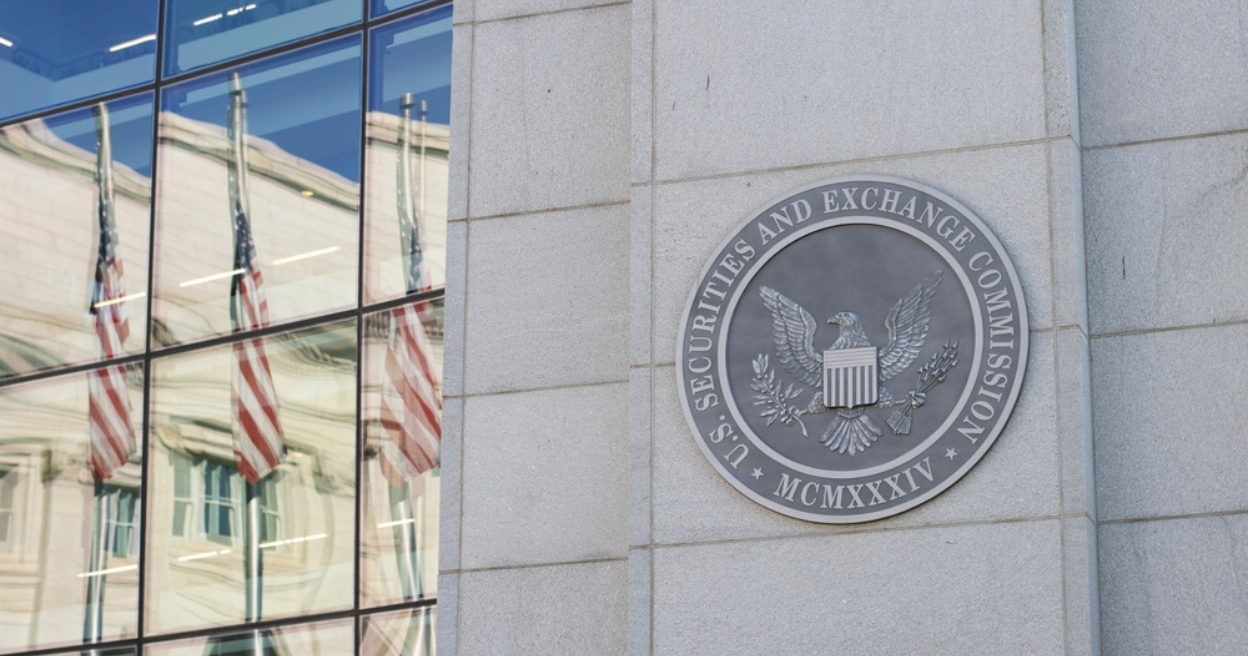The U.S. Securities and Exchange Commission (SEC) adopted new rules on March 6, 2024, to enhance and standardize climate-related disclosures for investors. These rules require public companies to disclose various climate-related risks that are likely to impact their business strategy, results of operations, or financial condition. The rules are designed to provide investors with consistent, comparable, and reliable information about the financial effects of climate-related risks:
· Material Climate-Related Risks: Companies must disclose climate-related risks that have had or are likely to have a material impact on their business, including the impacts of these risks on the company's strategy, business model, and outlook.
· Governance and Oversight: Companies are required to report any oversight by their board of directors of climate-related risks, as well as the role of management in assessing and managing these risks.
· Scope 1 and Scope 2 GHG Emissions: Large accelerated filers and accelerated filers, except for smaller reporting companies (SRCs), emerging growth companies (EGCs), and nonaccelerated filers, must report their material Scope 1 and Scope 2 greenhouse gas emissions.
· Financial Impacts and Assumptions: Companies need to disclose the material impacts of identified climate-related risks on their financial estimates and assumptions, including those related to severe weather events and natural conditions.
· Attestation and Internal Control over Financial Reporting: For large accelerated filers and accelerated filers that are not EGCs, the disclosures will be subject to limited assurance and eventually reasonable assurance, and the disclosures will also fall under the company’s internal control over financial reporting.
· Elimination of Scope 3 Emission Disclosure Requirement: The final rule eliminates the requirement to disclose Scope 3 GHG emission.
· Timeline for Compliance: The rule has a phased compliance timeline, starting with large accelerated filers reporting in 2026 for fiscal year 2025 activities, followed by accelerated filers.
· Safe Harbor Provisions: The rule provides a safe harbor to protect companies from liability for disclosures related to transition plans, scenario analysis, internal carbon pricing, and targets and goals.
The adoption of these rules marks a significant step in corporate transparency, giving investors access to comparable, credible, and consistent information on climate-related risks and their management. This development also reflects an ongoing global trend towards more comprehensive environmental, social, and governance (ESG) disclosures, aligning with other initiatives like the EU Corporate Sustainability Reporting Directive and California's climate disclosure laws.
The SEC's move has been shaped partly in response to potential legal challenges and feedback from various stakeholders. Despite the scale-back of certain requirements like the exclusion of Scope 3 emissions, the final rule represents a major mandate for public companies in the U.S., both domestic and foreign, in terms of furnishing material climate-related disclosures Extracted from US SEC, Deloitte
Criticism:
The final SEC Climate Disclosure Rule has faced significant criticism for its scaled-back approach compared to its initial proposal. Critics have focused on several key areas:
· Reduction in Scope: The rule substantially narrows the initial climate risk disclosure requirements, excluding Scope 3 emissions reporting and exempting many smaller and emerging companies. This means a large percentage of U.S. companies are not mandated to report their greenhouse gas emissions.
· Legal Challenges: A group of Republican-led states has legally challenged the rule, arguing that the SEC has exceeded its authority and shouldn't be involved in climate or energy regulation.
· Governance and Management Oversight: The rule mandates that large companies assess the materiality of Scope 1 and 2 emissions for investor disclosure and disclose their strategies for mitigating climate risks.
· Constitutional Concerns: There are arguments that the rule may violate the major questions and nondelegation doctrines, suggesting the SEC may lack clear congressional authorization to set climate change standards.
· Jurisdictional Differences: The rule recognizes differing climate risk management and disclosure standards across various jurisdictions, potentially leading to inconsistent regulations.
· Investor Protection: Even for commitments made outside mandatory reporting, companies remain subject to existing rules for fair advertising and clear disclosures regarding climate-related goals.
These criticisms reflect concerns over regulatory overreach, potential legal vulnerabilities, and the effectiveness of the SEC's approach in addressing climate-related risks in corporate governance. Extracted from S&P Global, KPMG

